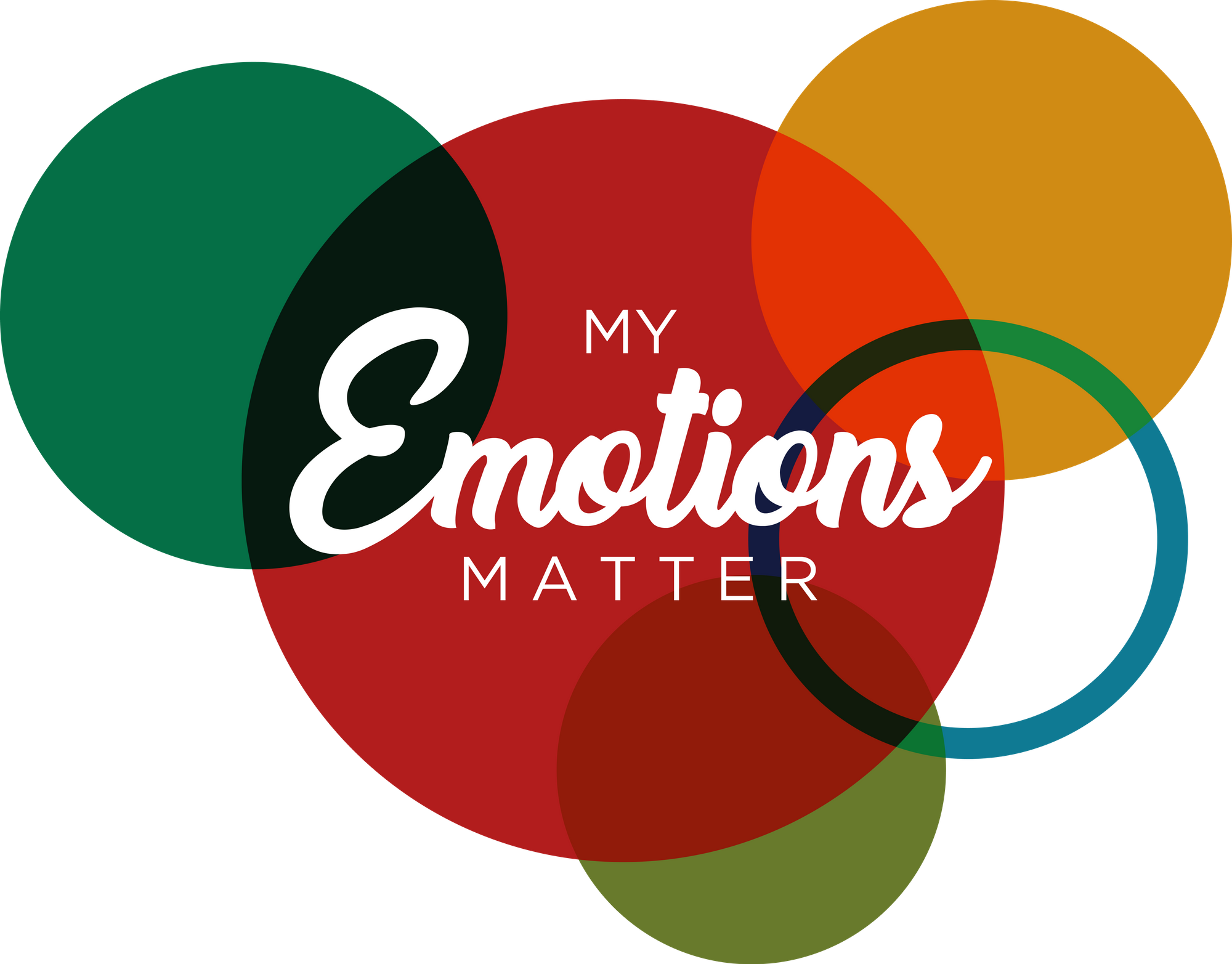Separating Stimulus and Stories
Usually when I ask people what concrete actions affected them, they are more likely to tell me a story filled with their interpretation rather than the action itself.
Example: "He acts over-smart".
If you look at the statement, it doesn't say what exactly happened; but rather is an expression that is filled with interpretation.
A response that would fit the question would have been: "He made changes to the slide without asking me."
If we can separate what happened from our interpretation of what happened, we have:
1) better self-awareness of what affects us
2) better self-management since we can understand our own needs
3) better social awareness since we can get curious about why the other person took such an action
4) better relationship management because the communication we have about it is likely to be more open rather than leading from our interpretations only

Here are some more examples:
Story: This person is selfish.
Stimulus: This person, having ordered food online, didn’t ask me if I also wanted to eat something.
Need(s): Food, Care, Consideration
Story: I’m no good.
Stimulus: I score 53% on the test.
Need(s): Competence, Growth
Story: She’s a great communicator!
Stimulus: I found myself wanting to applaud her efforts during the presentation.
Need(s): Inspiration
We express our needs indirectly through the judgments we pass others. Being able to make a distinction between stimulus (what actually happened) and stories (our interpretations that contain assumptions and judgments) is skill. This skill helps us focus our time and energy on our needs.
Questions for reflection:
- What is one story you created recently?
- What was the stimulus?
- What was the need(s) behind that story you created?




